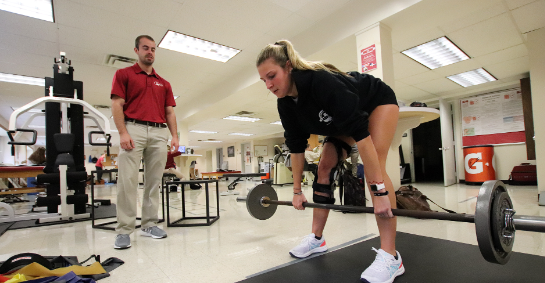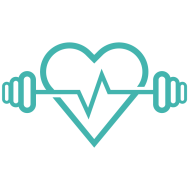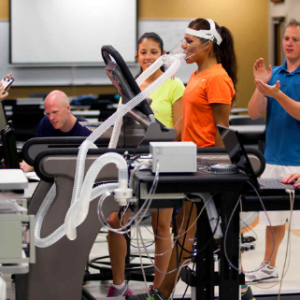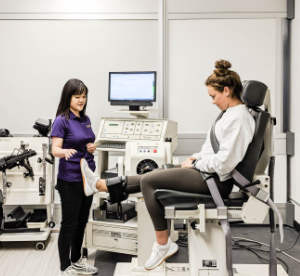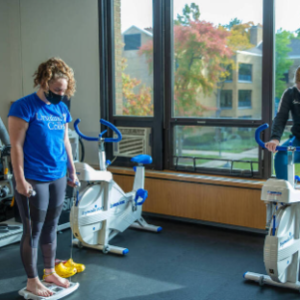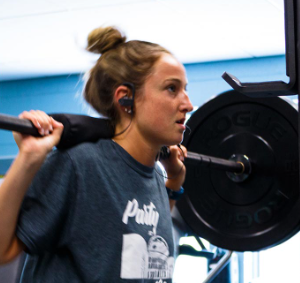Overview
Exercise Science provides an introduction to the science of exercise and human movement. Topics include exercise physiology, sport biomechanics, sports medicine, and motor integration. Students will study fundamental concepts of the musculoskeletal and neuromuscular structures, diet and exercise, body mechanics and physiological functions of muscle movements. Techniques of patient recovery from injury, illness and disease and how the body adapts to acute and chronic physical activity in sports and athletic performance are also included. Additionally, students will examine career options in sport, health and wellness, education, and the medical fields like personal trainer, athletic training and physical therapy.
You will learn
- Kinesiology
- Fitness and Health
- Exercise Physiology
- Biomechanics
- Exercise Nutrition
A Typical Student
The typical student is interested in a career in exercise science, physical therapy or assisting, athletic training, physiology, kinesics, nutrition, personal training, or other related fields. Successful students are mature and can behave appropriately in adult situations. They have the patience and attention to detail to solve problems and create plans of action using the skills they have learned. They can work on projects independently or with other students. They take initiative, check their work as needed, and stay on task without constant supervision. Safety is a primary focus, and students must follow the guidelines to keep themselves and other safe.
Get Yourself Ready
To be successful, do well in all academic classes, be on track for graduation and have a good work ethic. The following courses will help prepare you for the Exercise Science program:
- Preparing for College and Careers
- Nutrition and Wellness
- Anatomy and Physiology
Curriculum
Exercise Science Program Elements Coming Spring 2023
